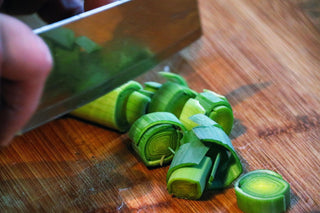When it comes to choosing the right cutting board for your kitchen, the material you select can greatly affect your cooking experience and food safety. While bamboo cutting boards have gained popularity for their eco-friendly appeal, there are several disadvantages that make composite wood fiber cutting boards a better choice. In this post, we’ll explore the key differences between bamboo and composite boards, highlighting why our composite wood fiber boards stand out.
1. Durability and Longevity
One of the most significant drawbacks of bamboo cutting boards is their durability. Bamboo is prone to cracking and warping due to its moisture absorption. When exposed to water, bamboo can swell, leading to irreversible damage if not dried properly. In contrast, our composite wood fiber cutting boards are engineered to withstand moisture and temperature fluctuations, ensuring they maintain their integrity even with heavy use.
Example: A bamboo board may last a year or two before showing signs of wear, while a composite board can easily last five years or more with proper care.
2. Maintenance Requirements
Bamboo cutting boards require a fair amount of upkeep. They need to be regularly oiled to maintain their appearance and prevent drying out. Additionally, bamboo is not dishwasher-safe, which means you’ll need to hand-wash and dry it immediately after use. This can be inconvenient, especially in busy kitchens.
On the other hand, our composite boards are designed for modern convenience. And are dishwasher-safe, allowing for effortless cleaning. They require no oiling, reducing your maintenance burden significantly.
3. Bacterial Concerns
Bamboo is a porous material, which means it can retain moisture longer than composite boards. This can create an environment where bacteria thrive, especially in the grooves formed by knife cuts. While bamboo is often touted as naturally antibacterial, it’s essential to consider how moisture retention can counteract that property.
In contrast, our composite wood fiber boards are non-porous, making them less susceptible to bacterial growth. They are easier to clean and sanitize, providing a safer surface for food preparation.
4. Eco-Friendliness
While bamboo is frequently marketed as an eco-friendly material, the truth is more complex. Unsustainable harvesting practices can lead to deforestation and soil erosion, raising concerns about its overall environmental impact. Additionally, some bamboo boards may be treated with adhesives that contain harmful chemicals.


